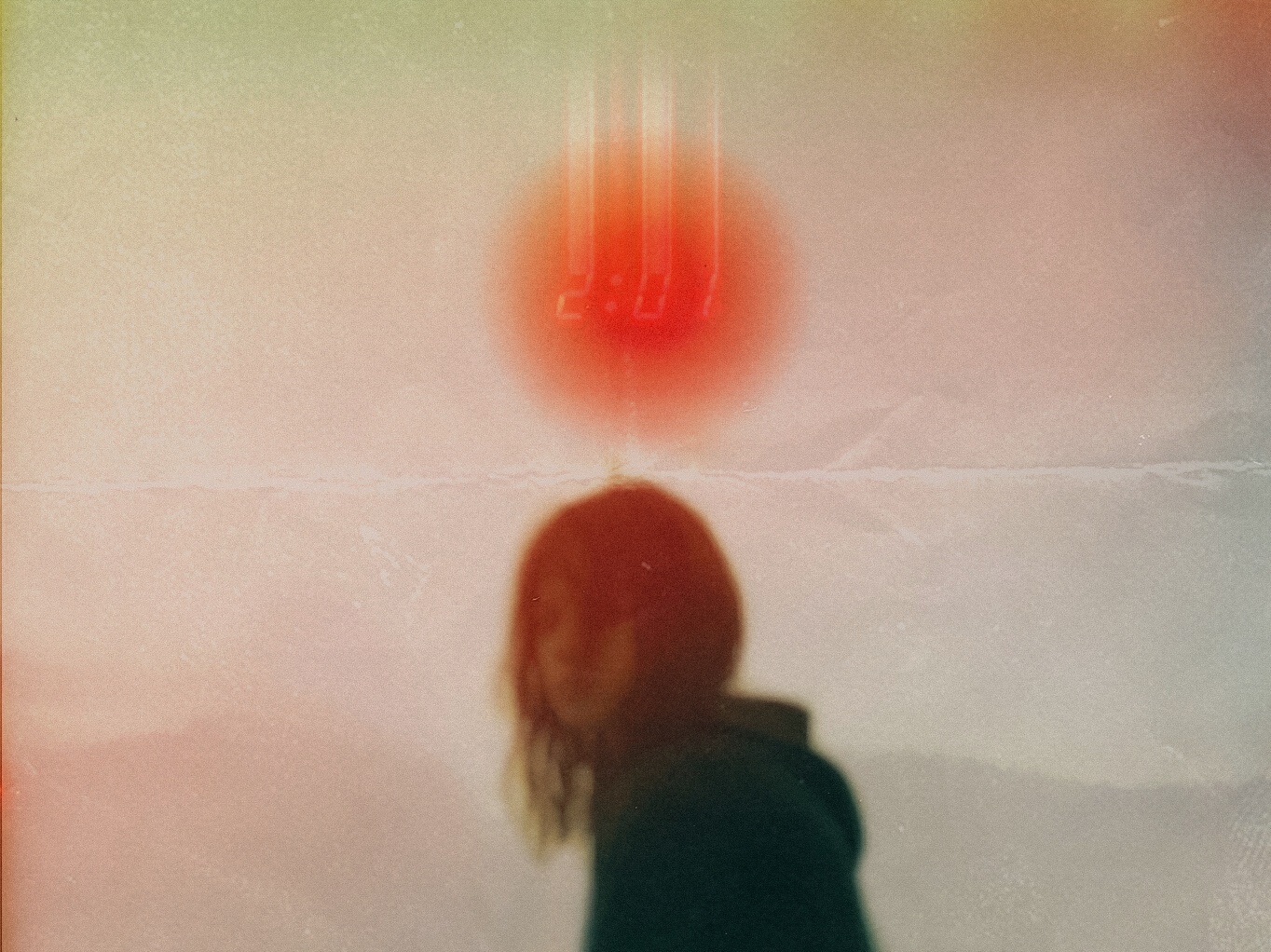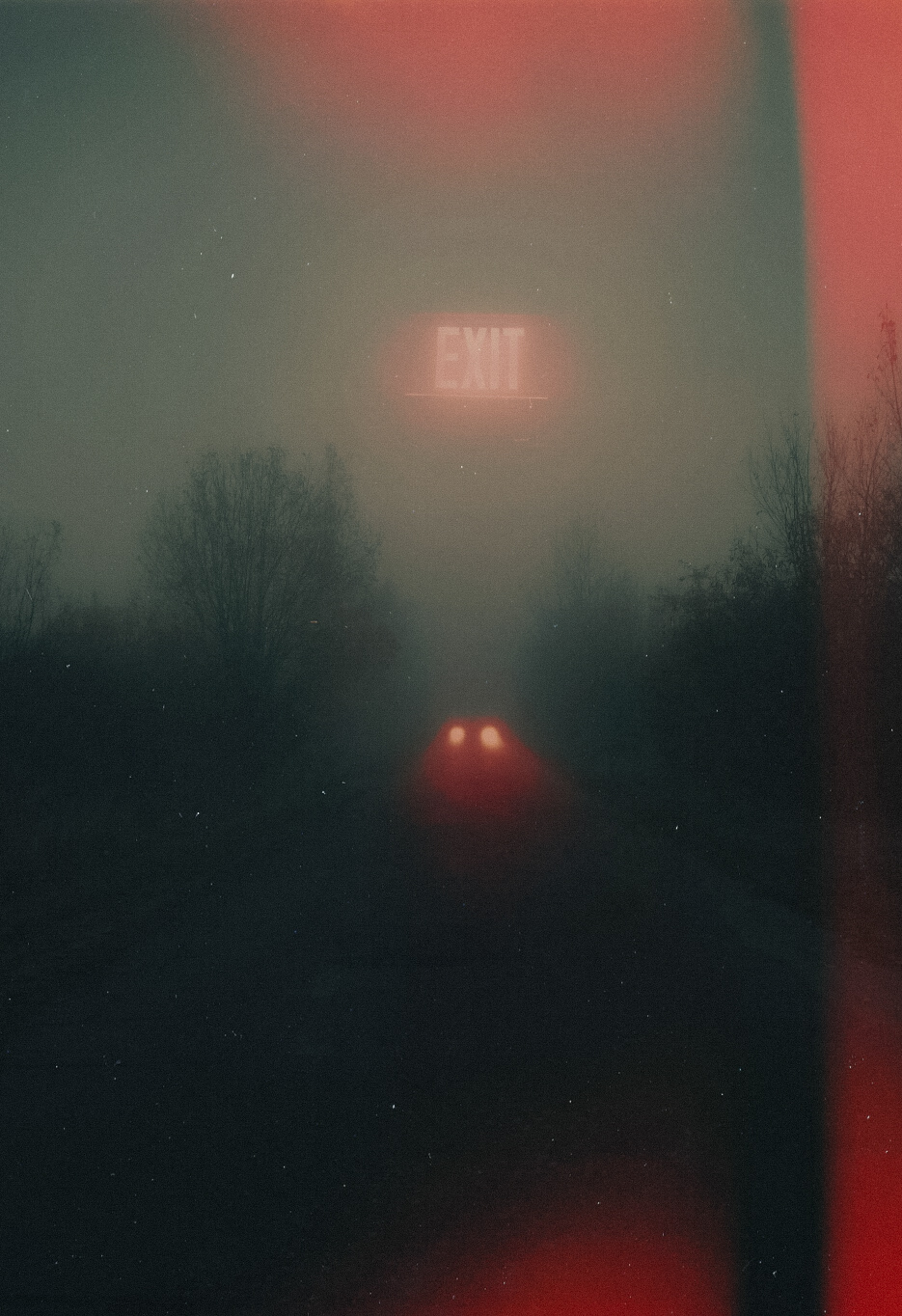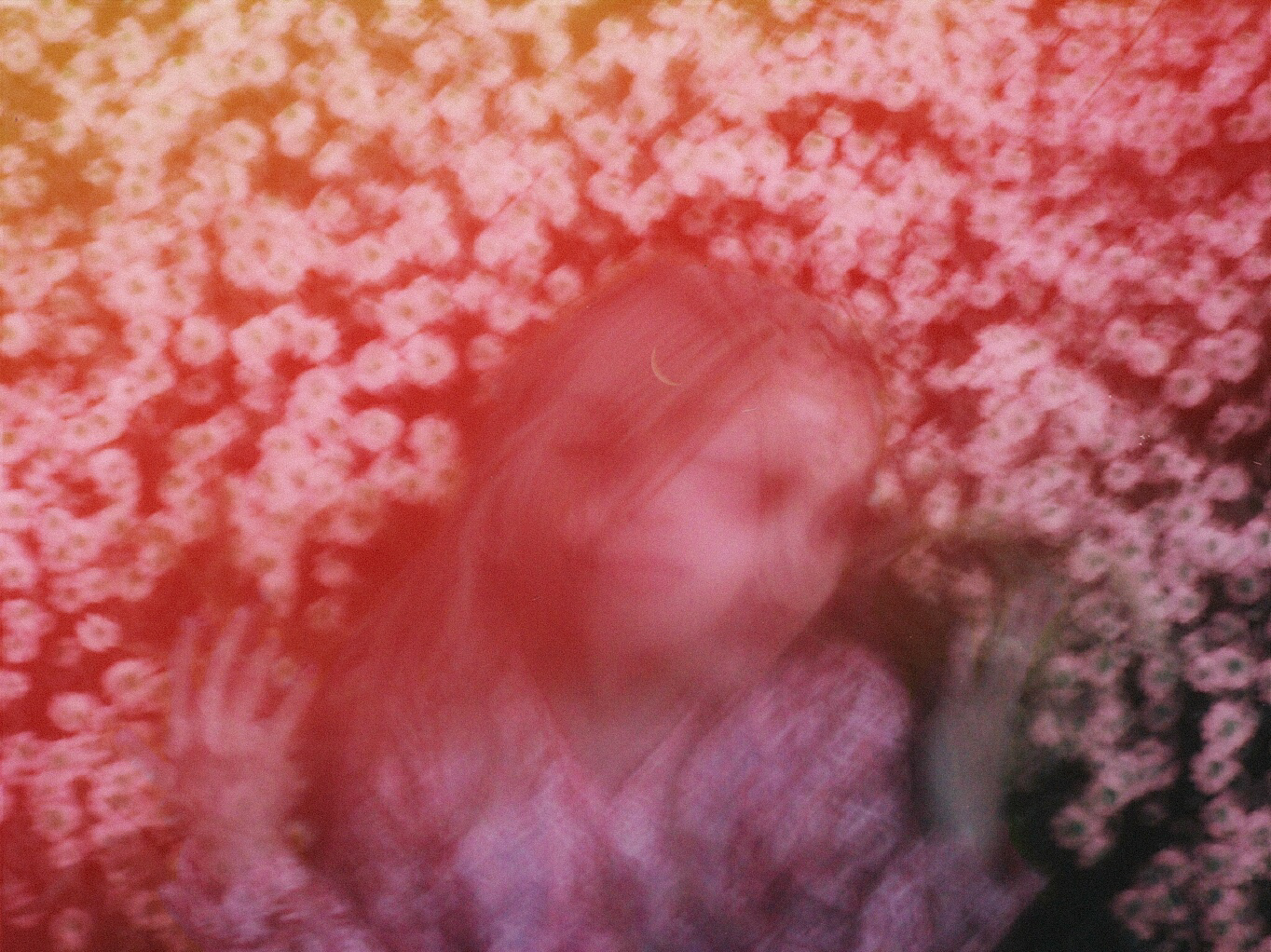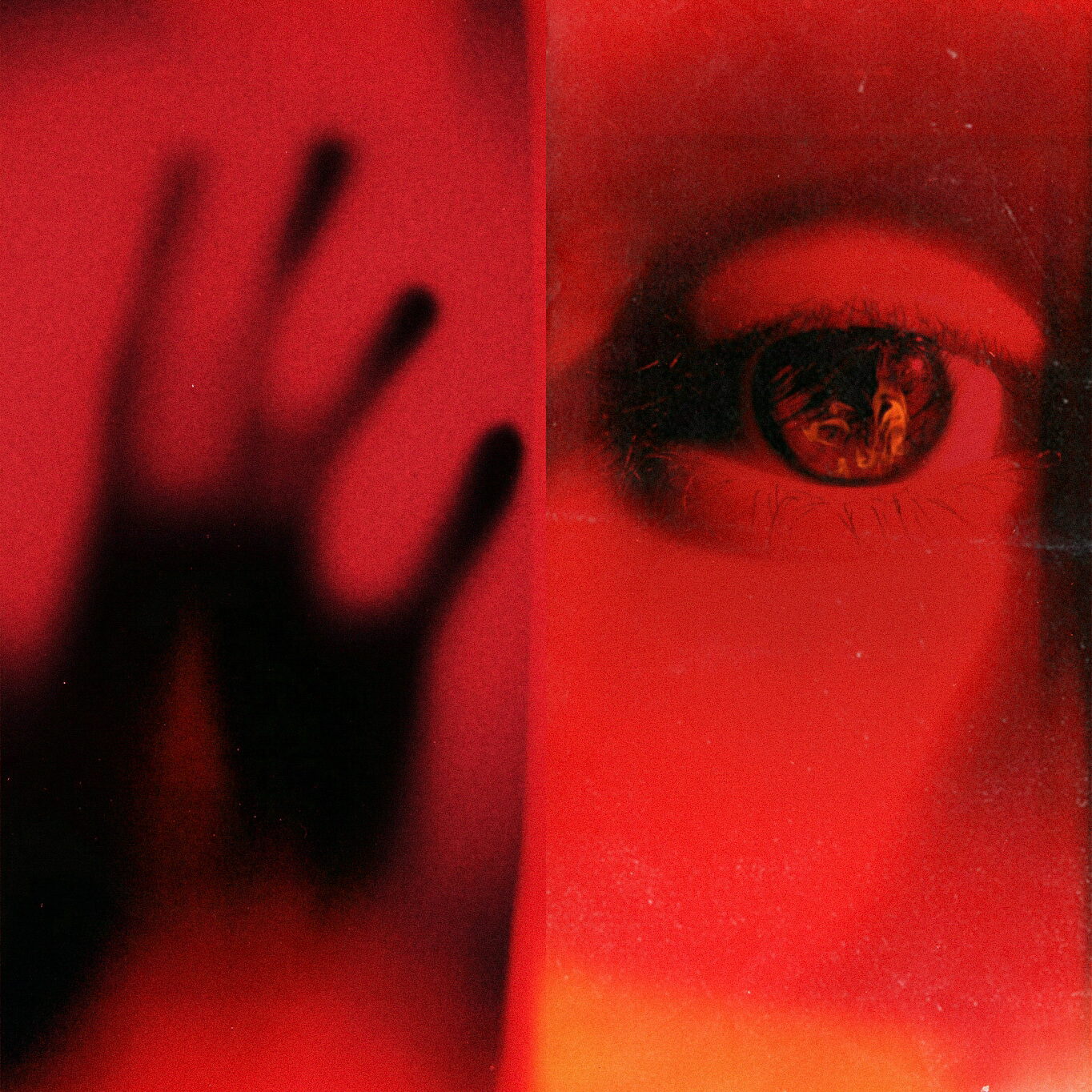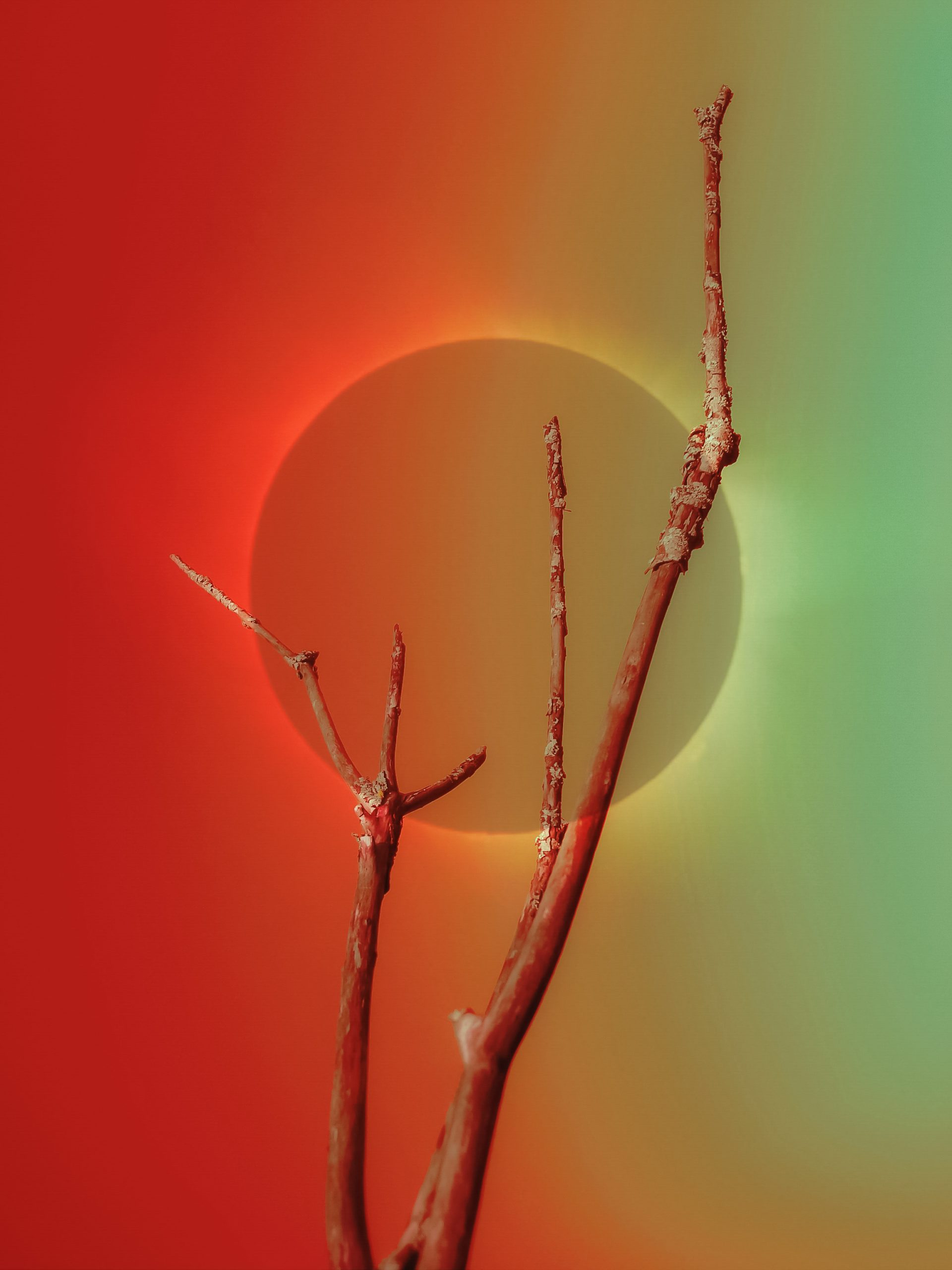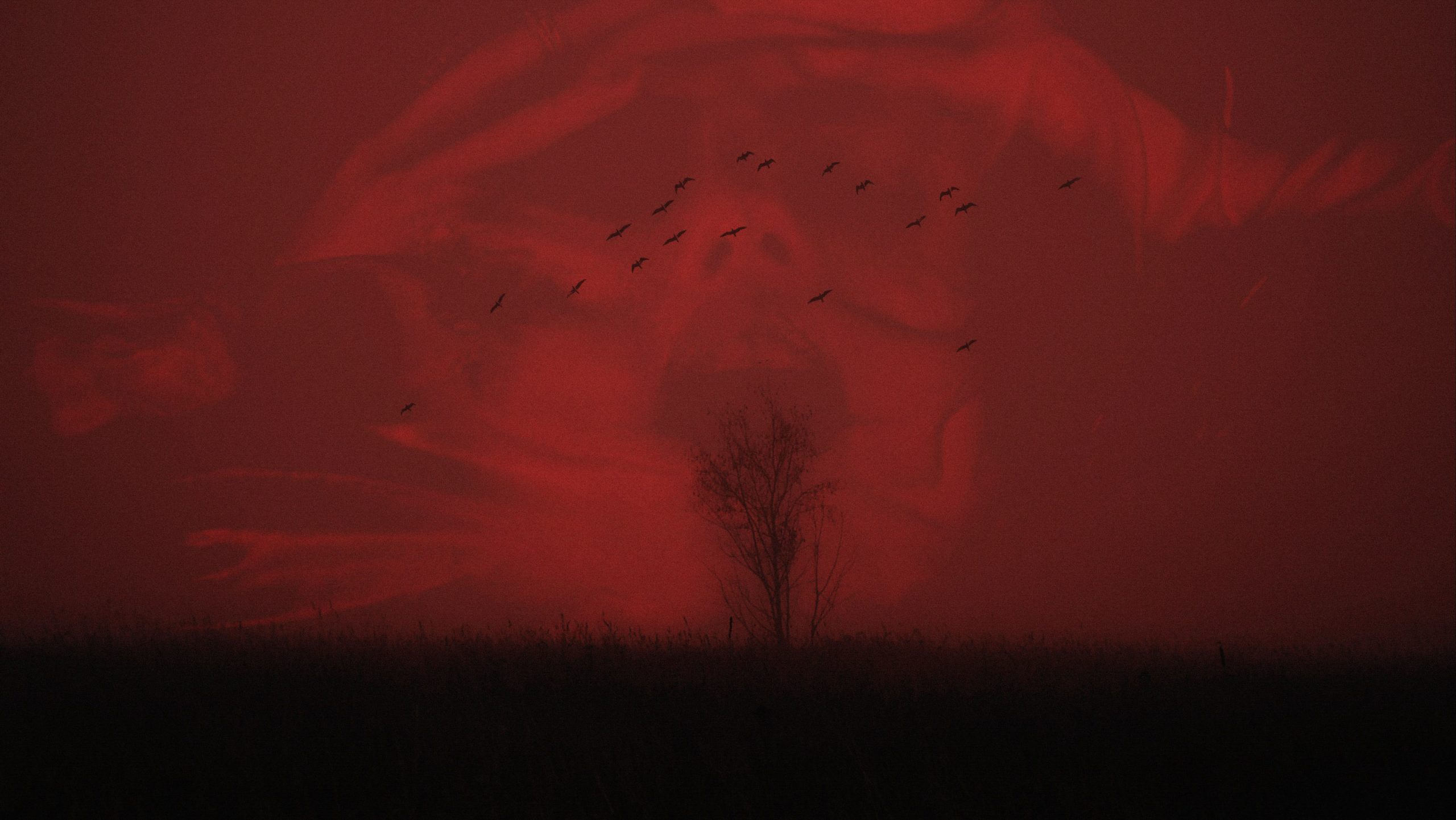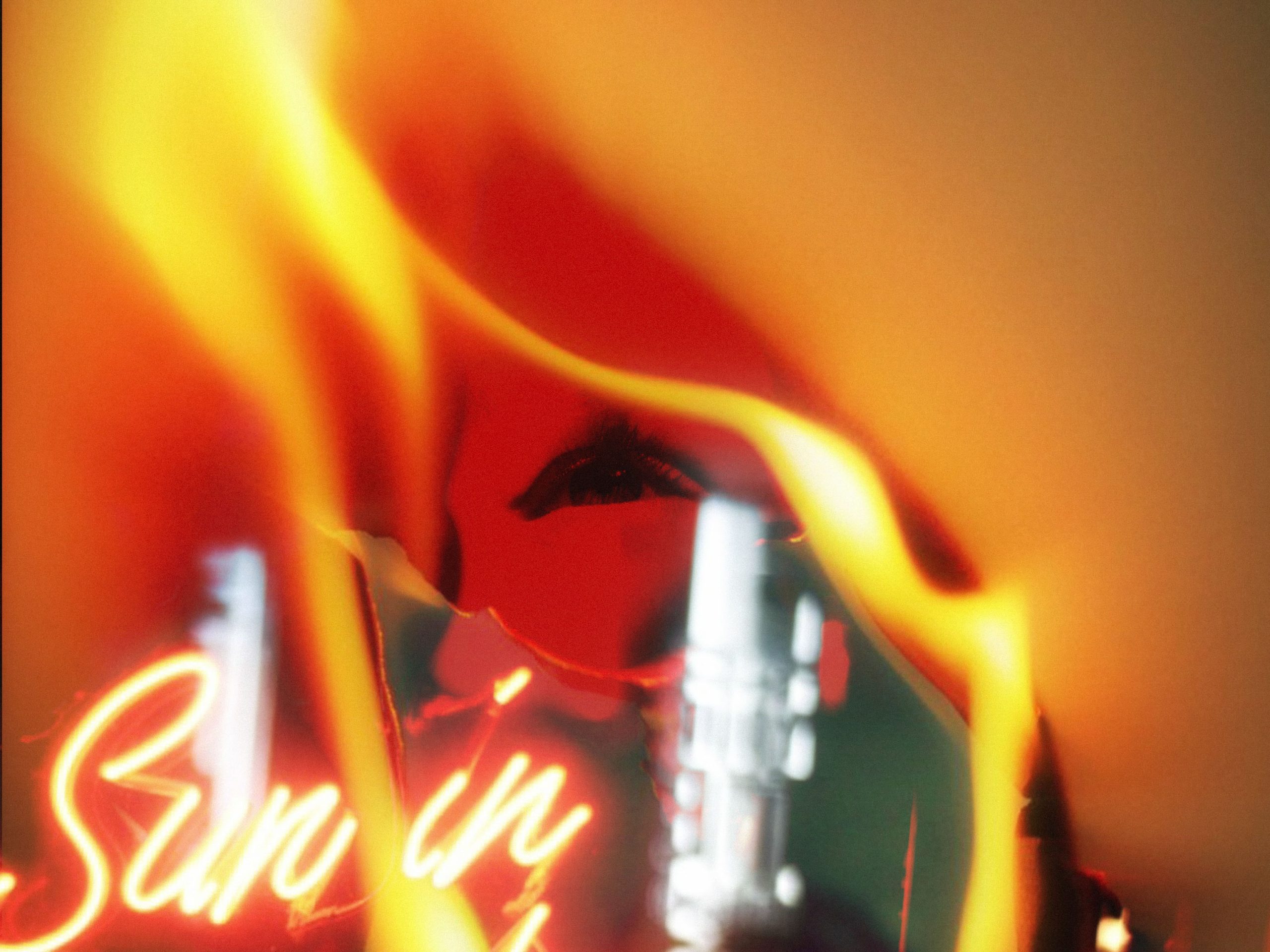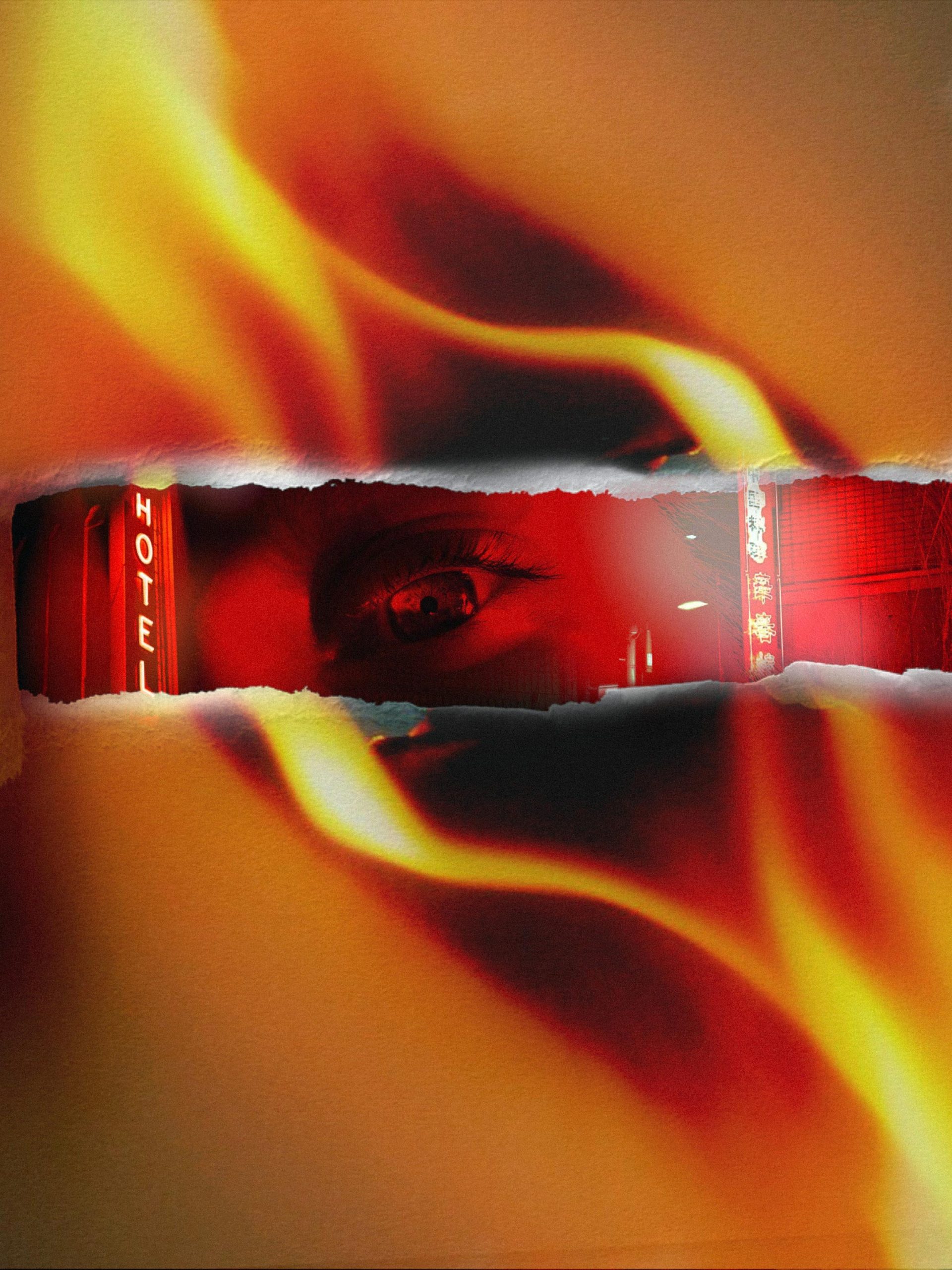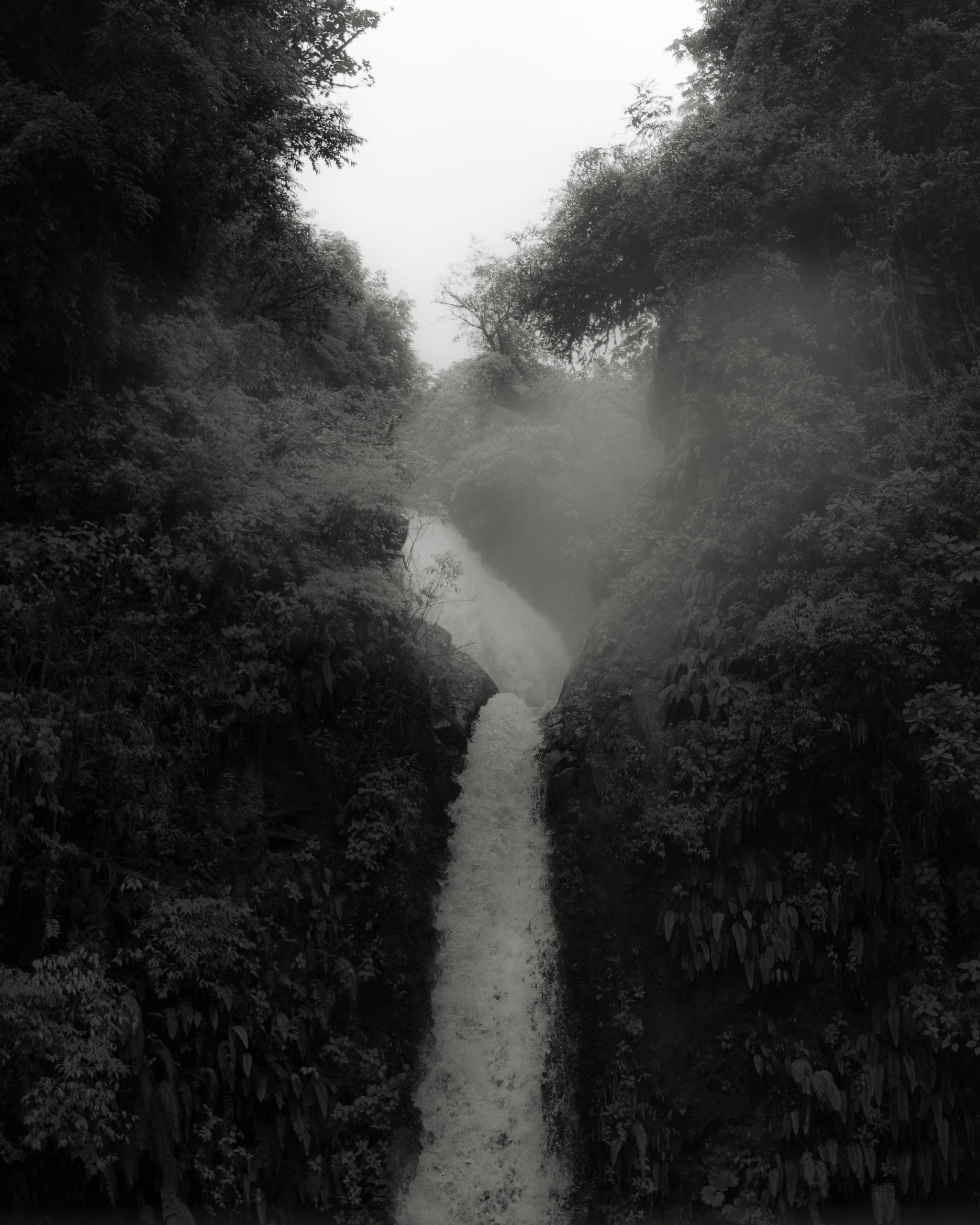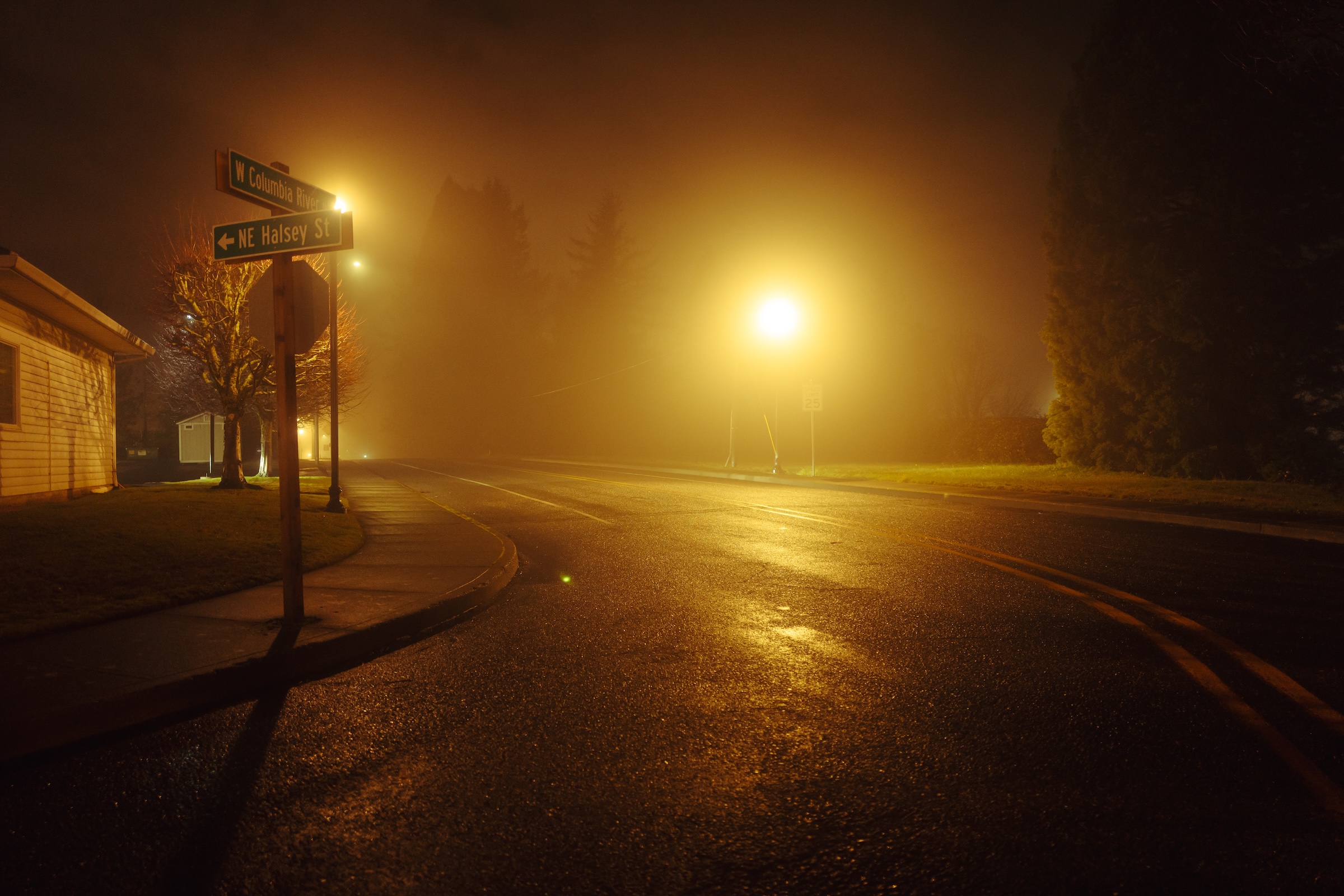Comfort/Discomfort
Mungk: Based in the UK, I’m a music producer and DJ. Mostly known for my 140 and dubstep releases, I try to experiment with electronic music on a wider spectrum, taking influence from all corners of the musical world. I also compose for production music libraries and teach music production online for Education & Bass.
Eugene: I’m from Russia. By specialty, I am a “Performer of artistic and design works.” I am fond of photography as an “amateur”, but I want to develop further in this area, because it is interesting and I like it. Behind the expression of my work is a melancholy atmosphere. Wandering lonely images seeking answers to their questions. A gloomy vision imbued with a disturbing feeling. But at the same time, with everything, there are glimpses of images of hope that give a feeling of peace and tranquillity.
What do you think is important for building mental resilience?
Eugene: We are all different. Everyone’s body is built differently. Therefore, I will proceed from my experience, which in one way or another helps or helped me. I think it’s important to see a specialist first if you have something serious. If everything is in order with you, and you just want to play it safe, then I think that in order to increase mental stability, you need to be outdoors more in nature (to defuse your brain), drink a course of vitamins, try to rest more, you can try to do physical activity , to meditate, well, or throw out your emotions to relieve stress.
Mungk: The details are going to be different for everyone. For me; sobriety, faith and developing my interests into passions that keep my mind occupied in a healthy way. These are quite personal but whoever you are, I believe communication is key. Keeping stuff inside and not talking about it is probably the worst thing you can do because you will never find answers this way. Conversing with loved ones or failing that, mental health support lines is essential if you are struggling. That’s what this piece is focusing on.
Tell us the story behind this composition. Would you say overall people are neglecting mental health nowadays?
Mungk: Mental health is more of a discussion these days than it has ever been, but a shocking number of people still struggle to be open about it. Suicide statistics are still on the rise so it becomes increasingly important to check in on our friends and keep the discussion alive. These compositions focus on embracing the fact that we don’t always feel ok and that this is a normal way for human beings to feel. I hope that the normalisation of these topics can help people to feel valid/accepted and more able to communicate.
To what extent does music/visuals influence your style and process?
Eugene: While listening to music, different images appear in my imagination. I send each image, as it were, to a storage chamber in my mind, so that later, from small details, I can assemble a single visual image and recreate it. Therefore, I often listen to music in order to capture images and recreate them in the future.
Mungk: Usually, I am not often thinking about any visual aspect and this more comes through subconsciously. Taking influence from all sorts of cultures and geographic locations around the world, I guess my music can conjure certain imagery for people with my use of certain sounds and instruments. I find this interesting to leave open to interpretation though. Certain sounds will conjure different imagery for certain people, all based around their own personal experiences and connotations they have drawn for themselves. Such is the beauty of the arts I guess!
Would you like to share a bit about your visual technique?
Eugene: In my visual technique, I use digital tools (mobile apps). I also use long exposure, double (multi-layer) exposure, play with different colours and textures, different digital techniques and experiments.


